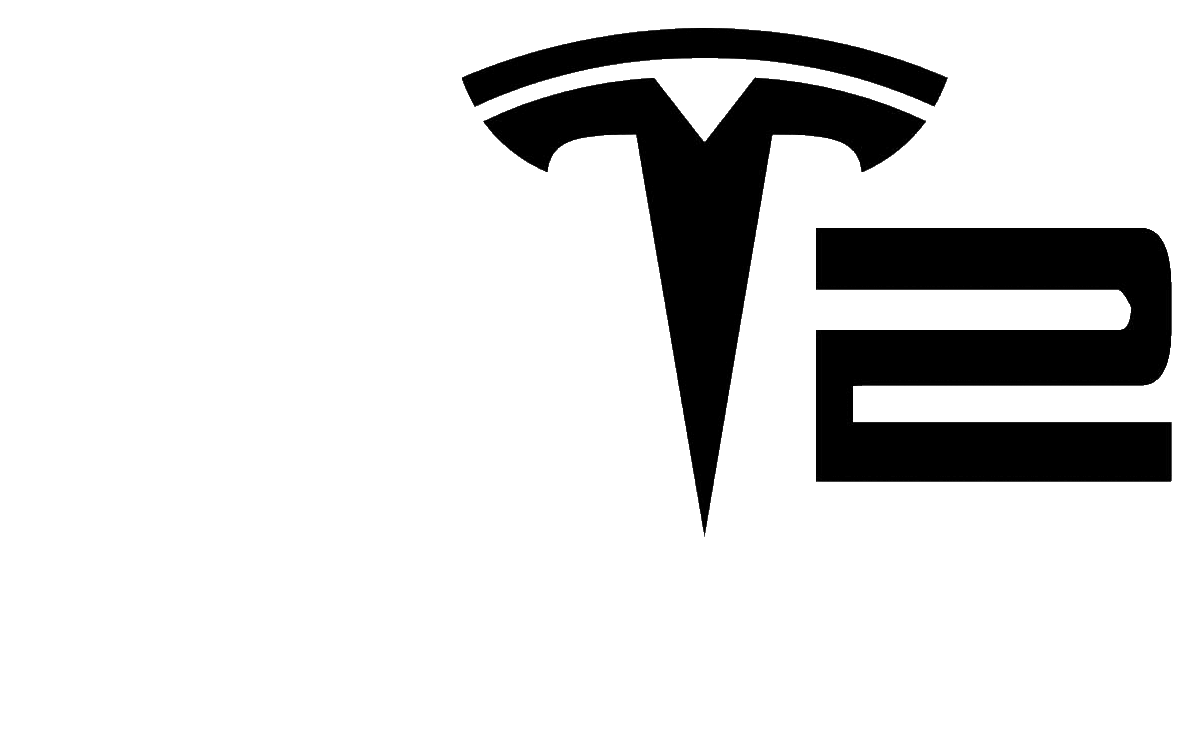TruckElectric
Well-known member
- First Name
- Bryan
- Joined
- Jun 16, 2020
- Threads
- 609
- Messages
- 2,004
- Reaction score
- 1,493
- Location
- Texas
- Vehicles
- Dodge Ram diesel
- Occupation
- Retired
- Thread starter
- #1
TSLA
Market Cap: $754 billion
Sector: Automotive (US)
Estimated year to hit $1 trillion: 2022
Average annual growth rate: 123.87%
https://markets.businessinsider.com...-dollar-market-cap-valuation-companies-2021-9
Market Cap: $754 billion
Sector: Automotive (US)
Estimated year to hit $1 trillion: 2022
Average annual growth rate: 123.87%
https://markets.businessinsider.com...-dollar-market-cap-valuation-companies-2021-9
